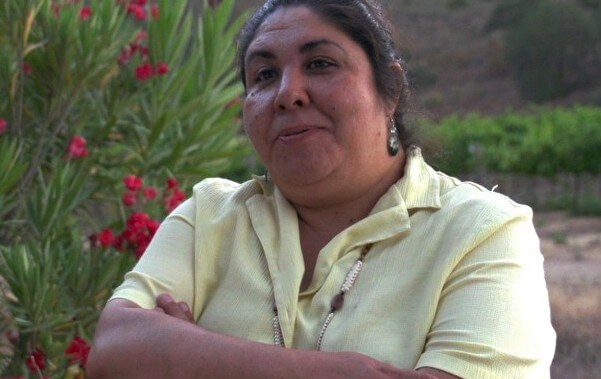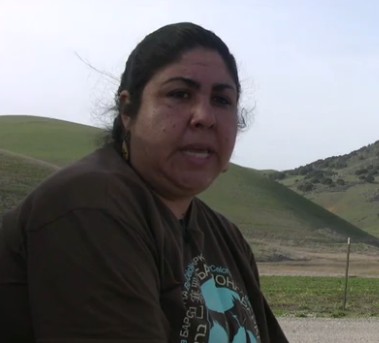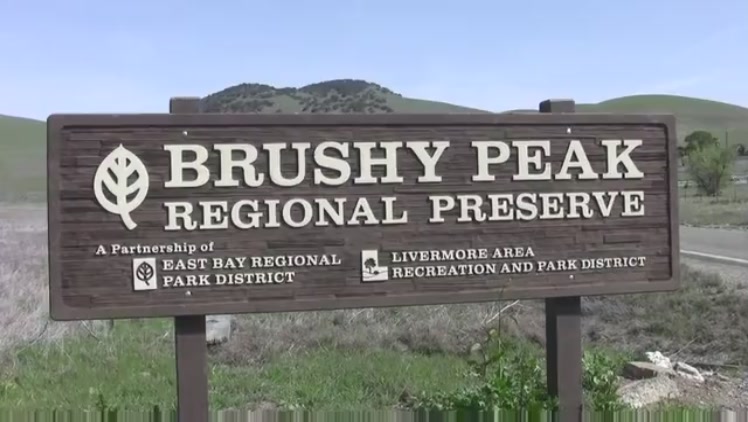The Ohlone people, also known as the Costanoan, are a Native American people of the central California coast.
The term “Ohlone” has been used in place of “Costanoan” since the 1970s by some descendant groups and by most ethnographers, historians, and writers of popular literature. Before the Spanish came, the Ohlone lived in more than 50 distinct landholding groups, and did not view themselves as a distinct group. They survived by hunting, fishing, and gathering, in the typical ethnographic California pattern. Originally, the Ohlone religion was shamanism, but in the years 1769 to 1833, the Spanish missions in California had a devastating effect on Ohlone culture. The Ohlone population declined steeply during this period.
The Ohlone living today belong to one or another of a number of geographically distinct groups, most, but not all, in their original home territory. The Muwekma Ohlone Tribe has members from around the San Francisco Bay Area, and is composed of descendents of the Ohlones/Costanoans from the San Jose, Santa Clara, and San Francisco missions. The Ohlone/Costanoan Esselen Nation, consisting of descendants of intermarried Rumsen Costanoan and Esselen speakers of Mission San Carlos Borromeo, are centered at Monterey. The Amah-Mutsun Tribe are descendants of Mutsun Costanoan speakers of Mission San Juan Bautista, inland from Monterey Bay. Most members of another group of Rumsen language, descendants from Mission San Carlos, the Costanoan Rumsen Carmel Tribe Of Pomona/Chino, now live in southern California. These groups, and others with smaller memberships (see groups listed under the heading Present Day below) are separately petitioning the federal government for tribal recognition.
Text adapted from Wikipedia’s article on the Ohlone people




